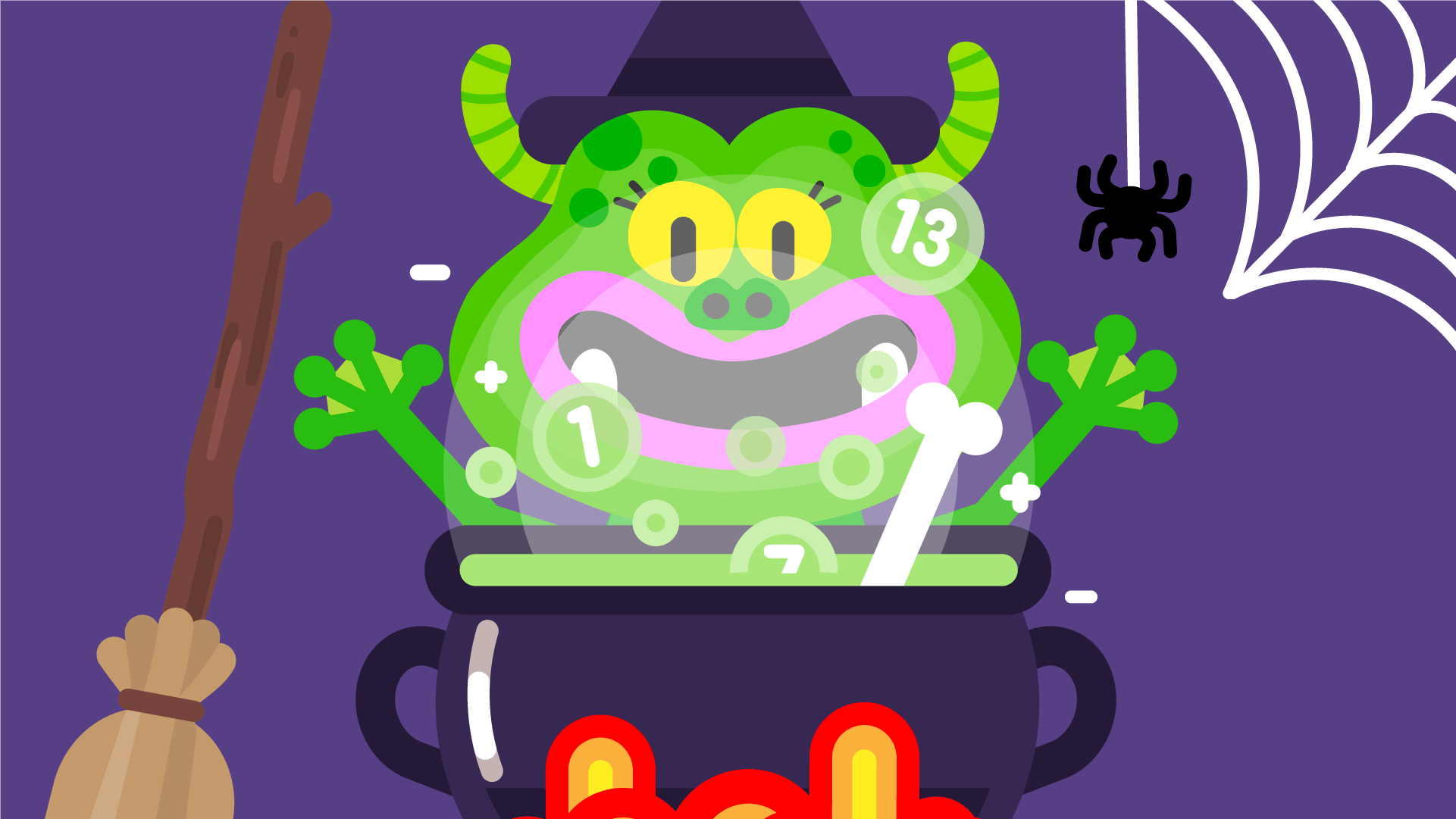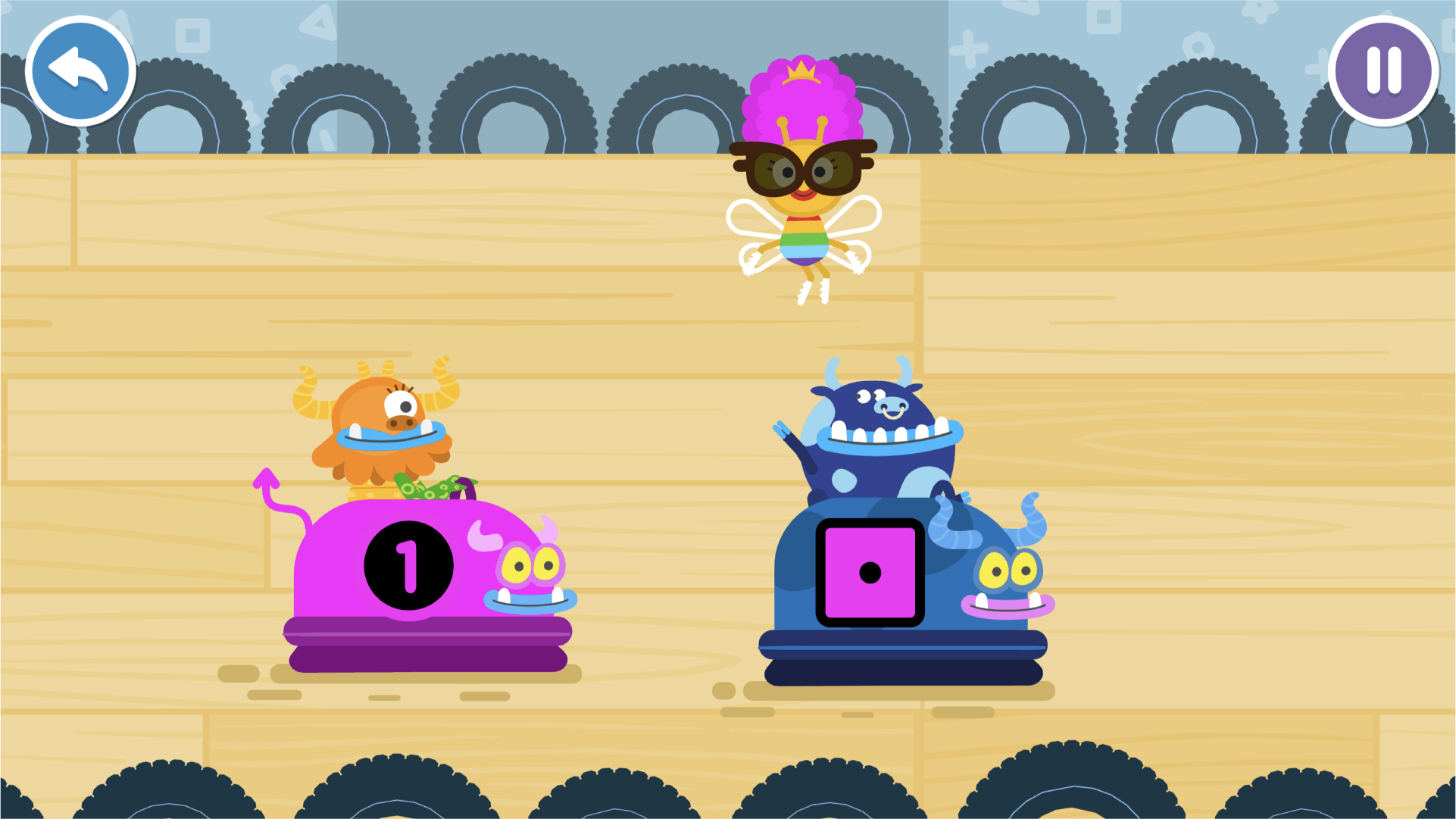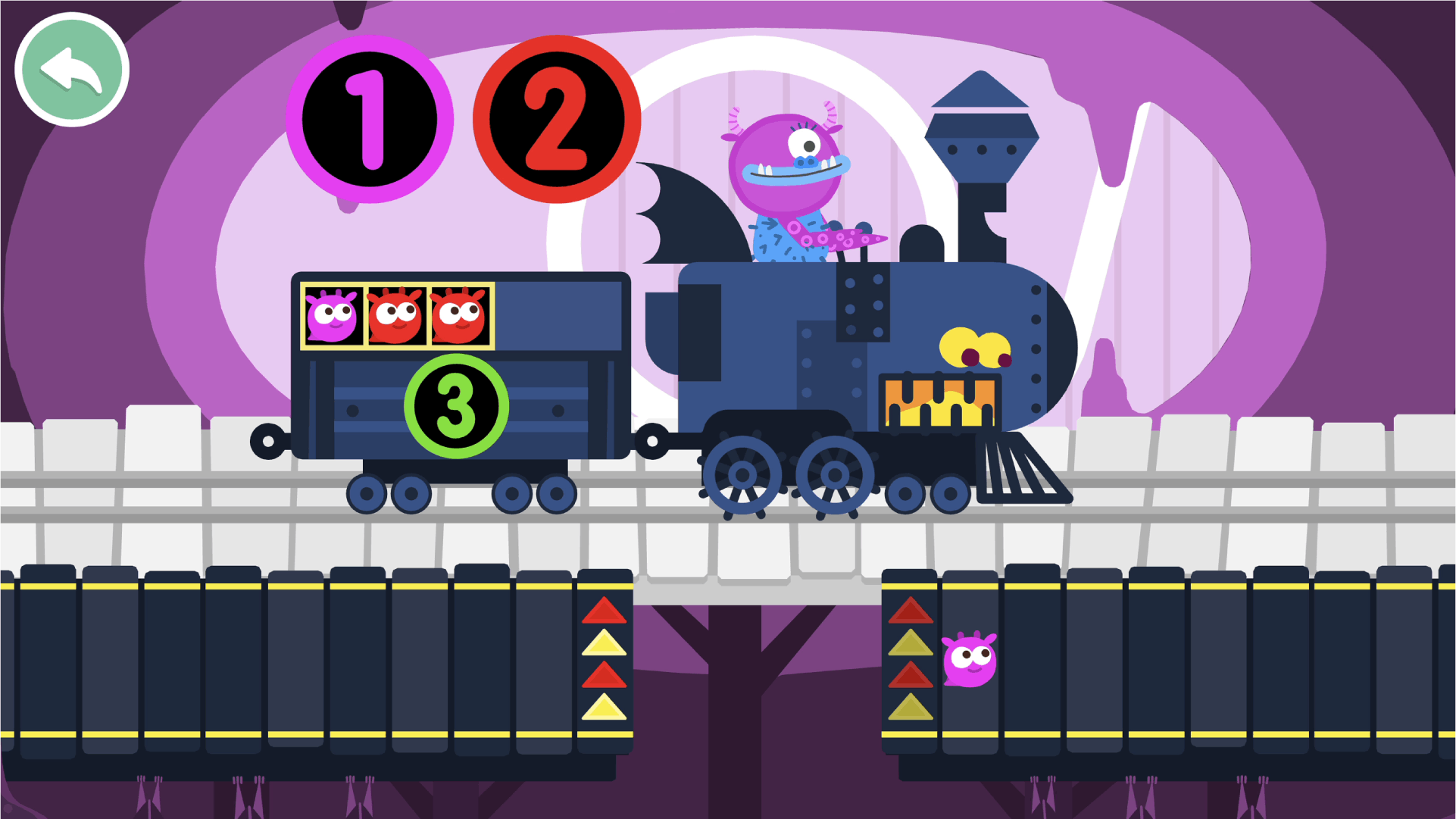Is Mathematics Really That Scary?
(4 minute read)

One of the things that shocked me about working in my school was that every single child loved mathematics. As my school was largely populated by children who spoke English as an additional language, number was the one language that didn’t change between home and school, so everyone could access (and love!) it equally.
Being a child of the 90s meant that I myself had a lot of anxiety around number concepts, having a shaky grasp on it from my own experiences. Learning only by rote and other outdated methods skipped most of the concepts I now understand as foundational to a basic understanding of number. With barely any memory of being taught key concepts like number bonds, composition and decomposition (I’ll explain these later), etc, it was only through teaching young children early numbers that I began my own healing journey into loving Maths (Math to all our US readers!).
Fortunately, early number teaching has come a long way since I was taught. In the current UK curriculum, Early Years Foundation Stage (EYFS) statutory framework states that children of reception (pre-K) age will:
• Have a deep understanding of numbers to 10, including the composition of each number.
• Subitise (recognise quantities without counting) up to 5.
• Automatically recall (without reference to rhymes, counting or other aids) number bonds up to 5 (including subtraction facts) and some number bonds to 10, including double facts.
And looking at the very popular White Rose Primary Maths Scheme of Learning, it is broken down into focusing on numbers to 10 for most of the year, with much deeper digging into the meat of these basic numbers, broken down into these key skills:
- Different representations - Provide opportunities for children to match their different representations to cards showing the numerals.
- Subitise - instantly recognising the number of objects or items in a group without needing to count them. Then match them to the numerals.
- Composition - children are introduced to the idea that all numbers are made up of smaller numbers, which are called the parts of the number.
Different representations can include matching a number of items to their matching numeral. For example, in our Number Skills game, we use dice, fingers, snails, numsters and even Yeti teeth!

Each number beyond 3 is introduced slowly, starting with its representation, then its matching numeral.
Subitising is a skill that is worked on through quick repetition, where a number of items is shown and the practice of recognition of the number, rather than counting of it, starts. One really nice example of this from White Rose is a game that uses small objects to represent 1, 2, and 3, and covers each with a bowl or cup. You quickly reveal one group of objects and ask children how many there are.
For a more independent task, in our Number Skills mini game ‘Bumper cars’, dots (dice) are used to represent a matching number on the car in front, and children need to quickly decide if it matches the numeral on their monster’s cart. This quick decision-making, coupled with helpful feedback from Queenie Bee, helps build knowledge of subitising number groups.

Working with composition, children can start to break apart and rebuild numbers, experiencing that each is built from smaller numbers. With the numbers 3, for example, this can be broken down into 1 and 1 and 1 OR 2 and 1. This also begins their journey towards addition and number bonds.
In our minigame Rollercoaster, a number arrives on the train and children have a choice of which will fill the carriage. In the image below, the train arrives with 1 numster passenger, and the child sees 2 spaces on the train to fill. The child selects the lane with 2 numsters and this composes the number 3, setting the rollercoaster whizzing round the track - weeee!

Building these basic skills early on leads to a happy relationship with numbers, and here at Teach Your Monster, we have done our best and worked with experts to make learning numbers less scary and much more fun! We are so proud that our game Number Skills is helping to raise a generation of kids who are much more comfortable in their foundational knowledge of numbers than before. Check out our video of Rachel talking about her son's progress in the game.
Number Skills is also FREE to use on a desktop computer on our website, allowing everyone with access to a computer to access these fabulous games. Why not log in and give it a go yourself - although it’s full of cute monsters, I guarantee you’ll be less scared of maths by the end of playing!
Ex-teacher and freelance consultant Kay Leathers